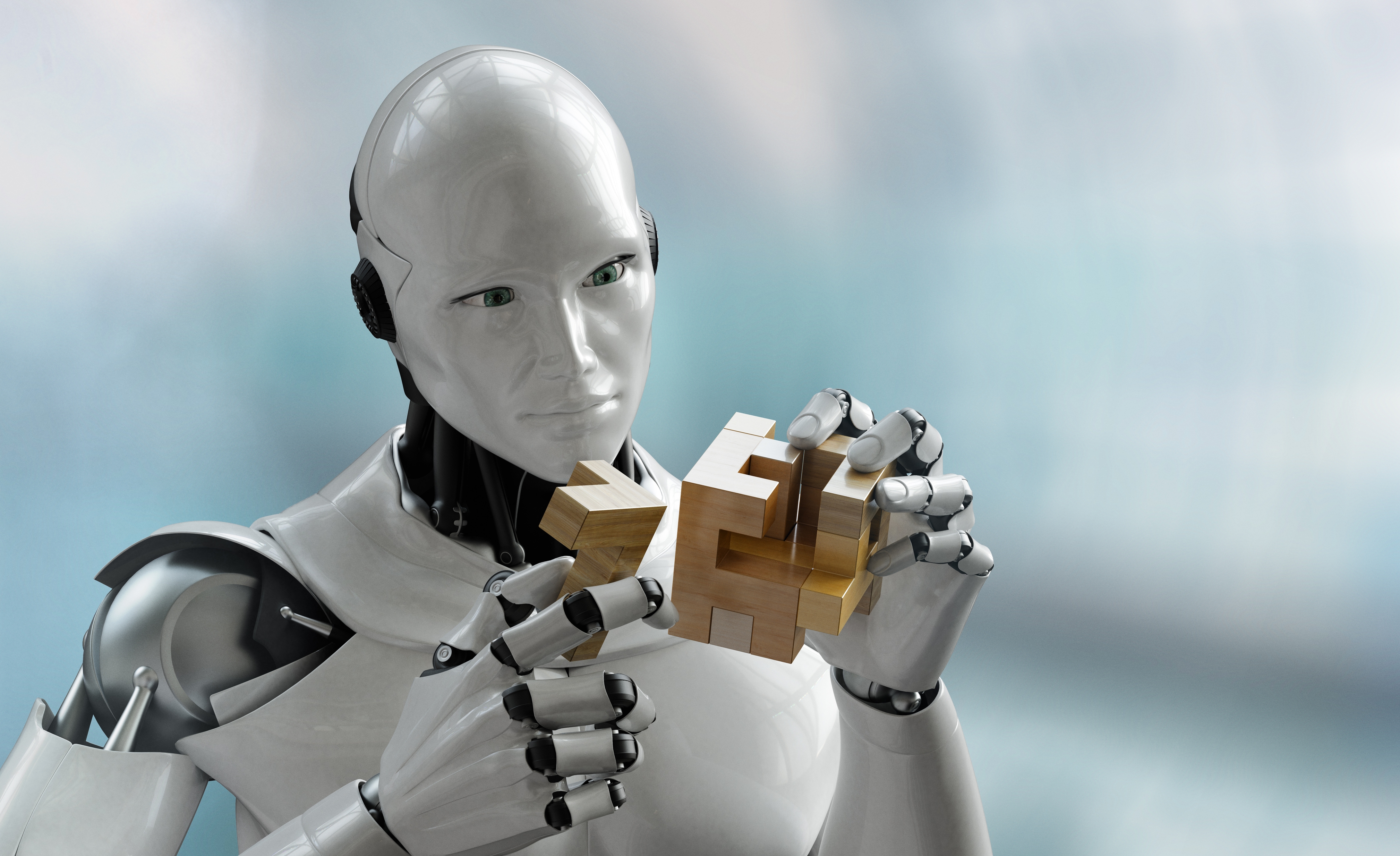
For a few years now, artificial intelligence has become a subject of debate far beyond the field of digital technology alone, doubtless because there is a sense of the whole scope of its economic and social consequences. Indeed, the laboratory technology has undergone a qualitative leap – with machine learning in particular – that has allowed it to be incorporated in several processes that until recently still required human intervention. Translation, voice recognition, and classifying images and videos are some of the first areas of experimentation and progress. Others will follow, although the technology is fallible and progress remains uncertain.
For now, these new feats have given rise to contradictory reactions. They have led to the specter of job losses. To what extent can machines replace human beings? And can rising automation be synonymous with increased well-being for the general population and for workers? Does it promise increased business productivity and a resurgence in economic growth, which has stagnated for several years?
There are many questions based on both worries and on the other hand optimism, hence the usefulness of starting without delay to lay the groundwork for a national medium- and long-term strategy. France has to ensure it catches the current wave and doesn’t fall behind world leaders such as the USA and certain Asian countries, which have already invested considerable resources in artificial intelligence.
First of all, without question artificial intelligence needs to be collective intelligence. With this in mind, the Secretary of State for Innovation and Digital Technology and the Secretary of State for Higher Education and Research approached institutional stakeholders, researchers, established businesses and start-ups, which met in various working groups to spend two months defining France’s broad policy guidelines in matters of artificial intelligence. The work covered the themes of research and training, transferring technology to business sectors and the impacts of artificial intelligence. This report is thus a contribution to the national strategy presented in full by the government on 21 March 2017.
Each working group was co-piloted by a member of an administration and a representative of the private sector so as to foster inter-disciplinary input and compare points of view and objectives, with a shared desire to inform public decision-making. The work took a variety of forms: interviewing experts, participatory workshops with students on the professions of tomorrow, work seminars on macro-economic impacts and independent subgroups examining questions of social acceptability and legal challenges.
Three points from the report can be highlighted.
The first is the significance of data. This is at the heart of the transition to digital technology that has been underway for several decades. However, artificial intelligence opens up a new stage, to the extent that data are needed to train algorithms. Data control is needed not only to protect private life but also to bolster for economic prosperity.
The second is ensuring machines continue to serve humans. Technical devices must improve working capacity and conditions, and they must not increase dependence or work mechanization. If humans intervene in a process, they must retain decision-making power; if machines make a decision, the basis for that decision must be susceptible to explanation. However, because some repetitive tasks are or will be automated, it is important to tailor training so workers can know how to benefit from machines instead of competing with them.
Finally, the third point: the method. The new technology assumes a shared diagnosis and exchanges between stakeholders at all levels, from individuals to national structures, in businesses, different industries and sectors and with trade unions. That is why this report calls for a wide-ranging consultation on artificial intelligence and on job transformations that flow from it. The objective is to enable organizations to appropriate the potential as well as the limits of the technology. Nothing could be worse than considering these transformations inevitable when they depend largely on collective choices up for debate.
At the heart of these three questions lie the efforts to be made with respect to education, whether it’s within our schools or our businesses. Faced with jobs that will continue to be transformed by artificial intelligence, we need now more than ever to focus on lifelong learning. Failure to act in anticipation may mean we may be faced with job losses; failure to mobilize may mean we run the risk of economic and strategic stagnation.
This report is merely the first step in a long process to be undertaken on a collective basis, with the overall objective being to successfully transition to digital technology.
I would like to express particular thanks to Lionel Janin (France Stratégie) and Rand Hindi (founder, Chairperson, and Managing Director of Snips, and a member of the Conseil National du Numérique [CNNum - French Digital Council]), who piloted the working group tasked with anticipating the economic and social impacts of artificial intelligence, as well as Charly Berthet (CNNum), Julia Charrié (France Stratégie), Anne-Charlotte Cornut (CNNum) and François Levin (CNNum), who acted as the working group’s rapporteurs.
Michel Yahiel
Commissioner General of France Stratégie





